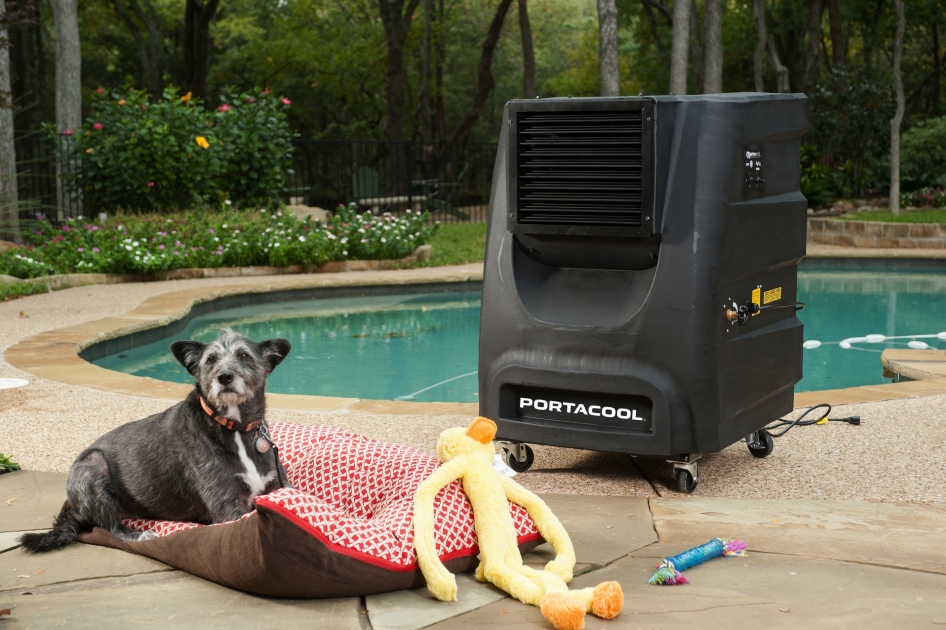
Extreme Heat Poses Serious Risk to Pets, Vets Warn as Heat Index Hits 66°C
As temperatures shoot up across the Arabian Gulf, pet owners are being warned that extreme weather poses a serious risk to animals.
Temperatures exceeded 51°C in the United Arab Emirates at the end of last month, according tothe country’s National Centre for Meteorology and Seismology, while the heat index, which takes humidity into account to express what that heat ‘feels like’, hit a scorching 66°C.1
“Unlike us, dogs and cats don’t release heat by sweating, leaving them particularly susceptible to heatstroke, which can make them seriously ill within minutes,” said Dr Lila Miller, Veterinary Advisor at the American Society for the Prevention of Cruelty to Animals (ASPCA).2
“Even the healthiest pets can suffer from dehydration, heatstroke and sunburn if overexposed to the heat. Heatstroke can be fatal if not treated promptly.”1
Speaking in June, Emma-Leigh Pearson, DVM, a veterinarian with animal hospital network MedVet, said, “As the weather gets warmer and our dogs have yet to acclimatise to the change in temperature, more cases of canine heatstroke are seen.
“The primary goal in the treatment of heatstroke is to actively facilitate cooling. Methods of cooling in the heatstroke patient focus on evaporative and conductive mechanisms of heat dissipation.”3
Portable evaporative coolers are an easy way to keep animals cool even at the height of summer. Far cheaper to run than air conditioning, evaporative coolers also get to work far more quickly – important when the weather is simply unbearable.
“Traditional portable air-conditioning units are not only costly, they are often ineffective when they are placed outside,” said Thomas Morrison, Marketing Director, Portacool LLC.
“If your pets spend most of their time in the garden, evaporative cooling will keep them safe and comfortable.”
TIPS FOR KEEPING YOUR PET COOL... AND TREATING AN OVERHEATED ANIMAL
-
Dogs should be walked early in the morning or after the sun has set.
-
Keep pets indoors between noon and 3pm, when the sun is at its strongest.
-
Ensure your animals can access a shaded area at all times.
-
Provide plenty of chilled drinking water and replace it regularly. Ice packs placed underneath the bowl will keep it cooler longer.
-
Never leave your animal restrained in direct sunlight or alone in a vehicle for any length of time.
-
If your pet becomes overly lethargic, vomits or has a dazed expression, act immediately. Ice packs or cool, wet towels should be placed near the animal’s head and neck and it should be driven to the nearest vet in an air-conditioned vehicle.
-
Overweight animals and those with thick coats are particularly susceptible to hyperthermia.



























